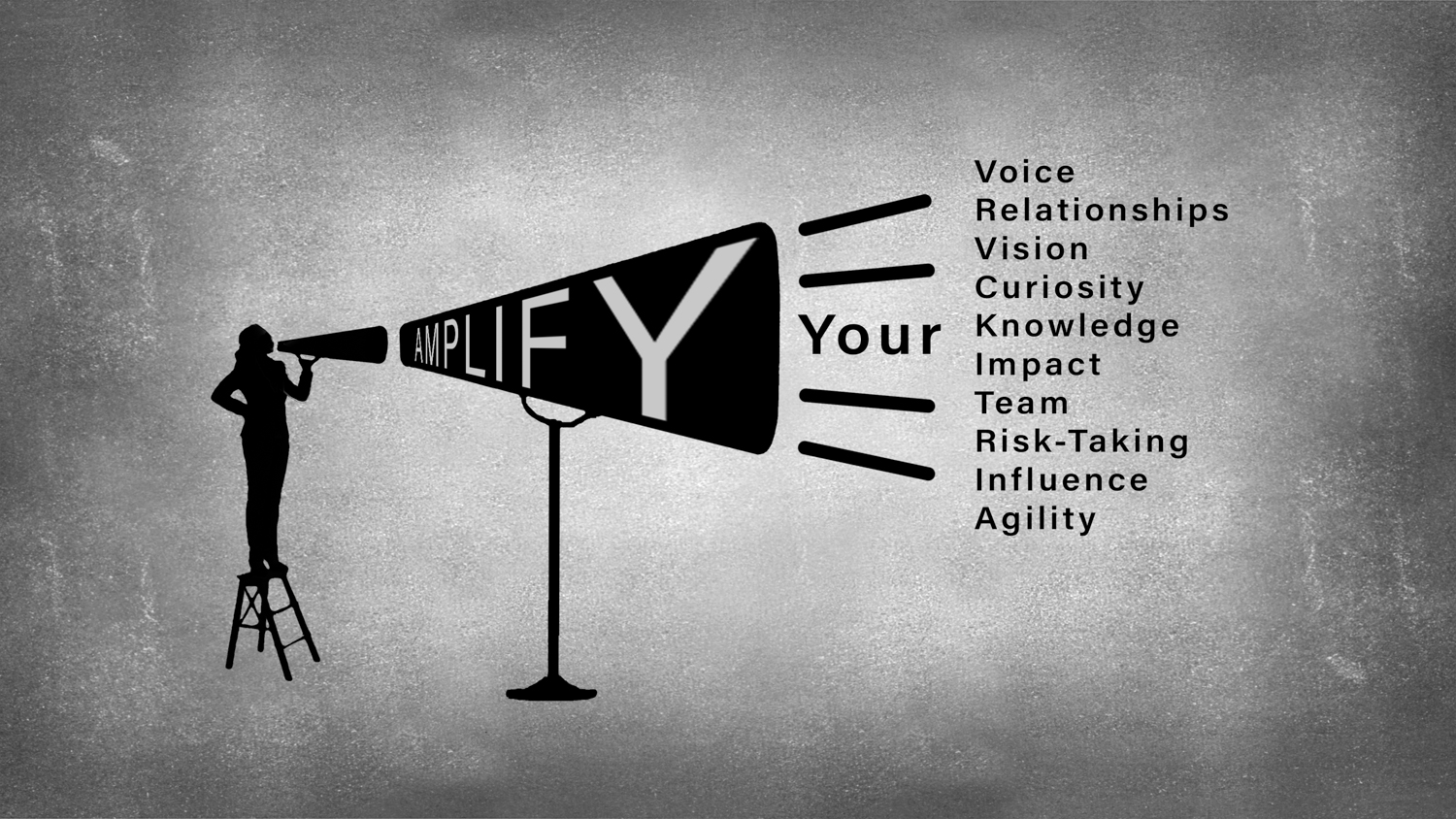During one of our coaching sessions, Oscar (not his real name) described feeling “out of control”, “overwhelmed” and he didn’t see a way out of his situation. He felt trapped. A smart, dedicated, hard-working individual, Oscar made his mark years earlier by building up his expertise and always delivering on his commitments. Even after being promoted to a leadership role, he continued to rely on his own skills and work ethic to get the work done versus delegation. He became knee-deep in tactical work and he was unable to focus on the more strategic parts of his job.
Oscar is consistently recognized by the people he works with as the “go-to guy” for issues related to his domain. He rises to the occasion each time and delivers against their requests. He is viewed as someone with potential. The problem? He is always on the verge of failure. The work piles up and he is constantly exhausted from working long hours to try to catch up only to realize he is falling further behind. He can’t scale and that is holding him back.

Delegation is a critical skill for leaders to develop. Some leaders feel that their value is based on their individual knowledge and contribution. Like Oscar, this drives them to do much of the critical work themselves. In doing so, they reach a point where they will have to make personal sacrifices to keep up. They become overwhelmed, and it impacts their personal life and wellbeing. If you find yourself in this situation, the solution is straightforward. You must leverage your team and delegate work to them. In doing so, you will be able to scale and get ahead.

In some cases, leaders struggle to shift the focus from themselves to their team. It is not a lack of willingness to recognize their team, but rather a defensive mechanism to guard against failure to perform at the level they have become accustomed to performing. Often, great individual performers like Oscar are promoted to lead a team, and they don’t realize that they need to change their approach. They became used to stepping up and doing all the hard work when asked, and they were recognized and rewarded for consistently delivering results. Marshall Goldsmith points out in his book What Got You Here Won’t Get You There that “Successful people become great leaders when they learn to shift the focus from themselves to others.” Doing so requires skills that some leaders fail to develop.
Some companies that are quick to promote top performers into leadership roles fail to provide them the tools or training required to be an effective delegator. Without this knowledge, leaders may continue to leverage the skills and methods that got them to this point in their careers. A Time Magazine study found that only 28% of companies provide training on how to properly delegate work to their subordinates. A leader’s inability to delegate will eventually catch up with them.
Delegation Objections
Some leaders object to delegating on the premise that doing so creates extra work for them. These leaders feel like they can get the task done themselves in less time than it takes to explain it, wait for the task to get done, and then be debriefed on the outcome. It feels to them like delegation is a task versus a way to increase their leadership effectiveness. The reality is that there are other reasons why leaders don’t delegate as much as they should.
At the root of the objection is a fear that they won’t achieve the results or objectives they have become accustomed to delivering. Like Oscar, these leaders are often known as people who “get things done” or “make things happen.” They are proud of this brand and fear that not doing the work themselves will result in a lower quality product, and that their reputation may suffer as a result. They fear that mistakes by their team will cause them to lose credibility and that it will impact their personal brand.
Some leaders put off delegating so long that they reach a point where they run out of bandwidth. They finally come to the realization that the only way out is to delegate more work to their team. They delegate but then turn to micromanagement to satisfy their fear of failure. This shows distrust, and it will often serve to demotivate the team.

A key measure of a leader’s success and effectiveness in the workplace is whether they have the skills and the trust to enable other people to get the work done. In the book Multipliers, the author, Liz Wiseman, points out that one of the “Four practices of a talent magnet” is that they “utilize people at their fullest”. She also calls leaders who fail to delegate “Diminishers.” She says that “The Diminisher is a micromanager who jumps in and out” and that a Multiplier is “an Investor who gives others ownership and full accountability.” So, the question is, do you lead like a Multiplier or a Diminisher?
The Benefits of Effective Delegation
Learning how to delegate work to your team members brings with it a wide array of benefits and positive outcomes. The fundamental behaviors required to be a successful delegator are trust and discipline. If you can trust your team with the tasks and you have the discipline to relinquish control, then you will become a more effective leader and one that people strive to work for. The following are some of the benefits you will realize if you can master the art of delegation.
Development – Delegating work to your team is a powerful developmental tool. It is important to draw a link between the work you are assigning and the skill you are trying to help the employee develop. Delegation should be part of the action plan. Commit to helping the team member by assigning meaningful tasks. Remember that action plans should follow the S-M-A-R-T model. All development actions should be specific, measurable, achievable, relevant, and time-bound. Make sure when you delegate work that it meets these criteria.
Engagement – There is no better path to team member engagement than trust. Team members become more engaged the more they are trusted. Placing your confidence in their ability sends a message that you trust them and that you are willing to share the spotlight and contribution.
Succession – Another great benefit of delegating work is the ability to see a potential successor in action. Delegating tasks that provide them with visibility to upper management will strengthen your team member’s brand with the leaders who will eventually help select your successor. Let the team member know that they are in the line of succession and that you will be delegating meaningful work to them so they can develop and showcase their talent.
Scaling – One of the biggest benefits of delegation is the impact on your time. Delegating meaningful work to your team will free you up to spend more time on the longer-term, strategic tasks. It will also free up time to network with your peers and build relationships that may be needed downstream.
Personal – Effective delegation will result in lower stress levels, an improved work-life balance, and it will afford you the time to spend doing the things you enjoy.
Effective delegation is a key skill to learn in order to achieve higher levels in the organization. Its effectiveness as a development tool for your team will create multiple benefits for you and your organization. Stay tuned for part two on this topic where I will discuss what to delegate, who to delegate it to, and how to delegate tasks effectively to your team.
I hope this article was helpful. Drop me a note in the comment section below or through the Contact Me page if you have any questions.
Thanks,

© T. Kahler Coaching, LLC, All Rights Reserved.


